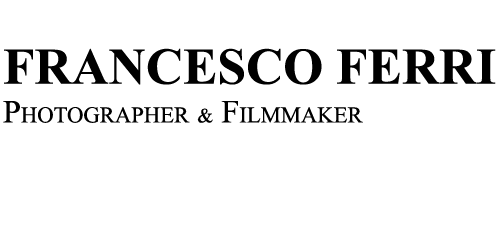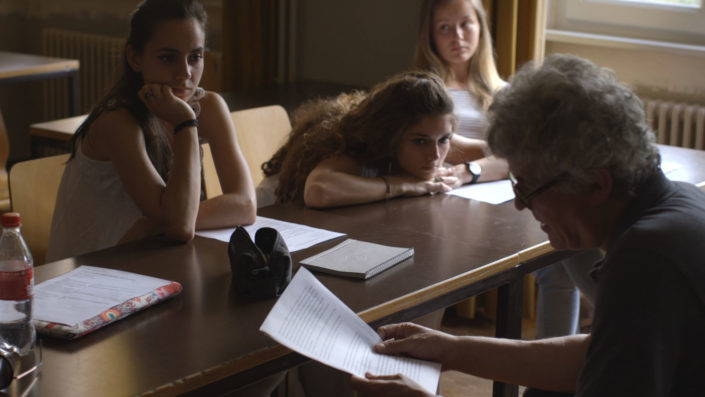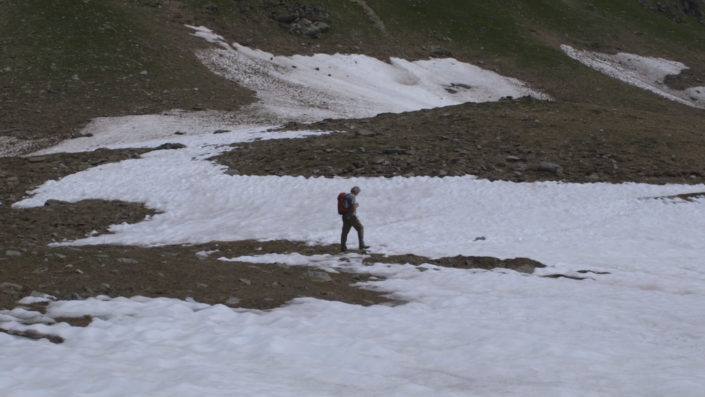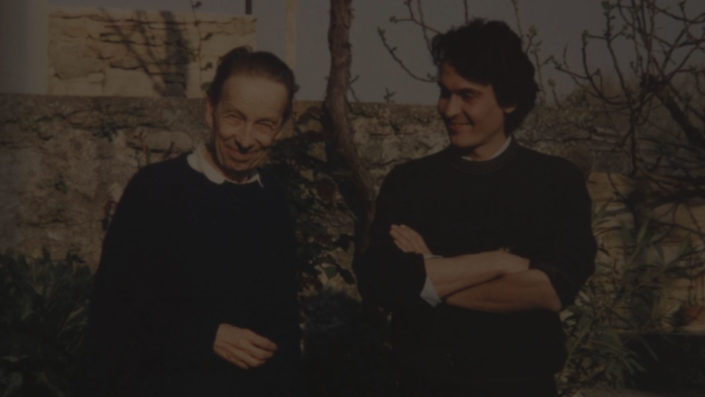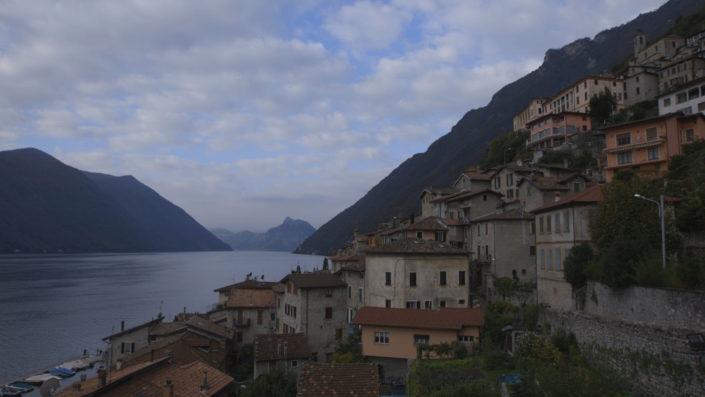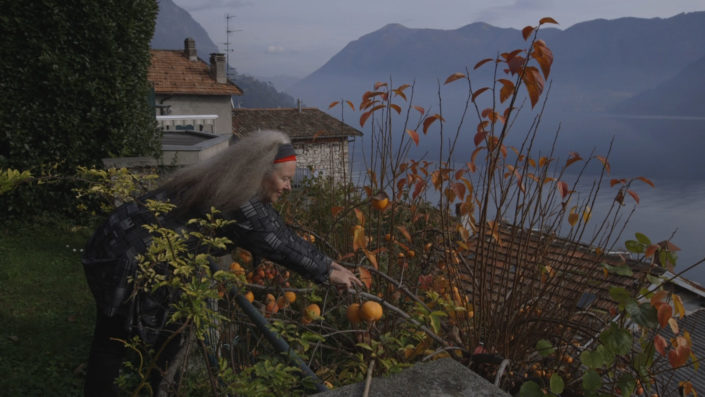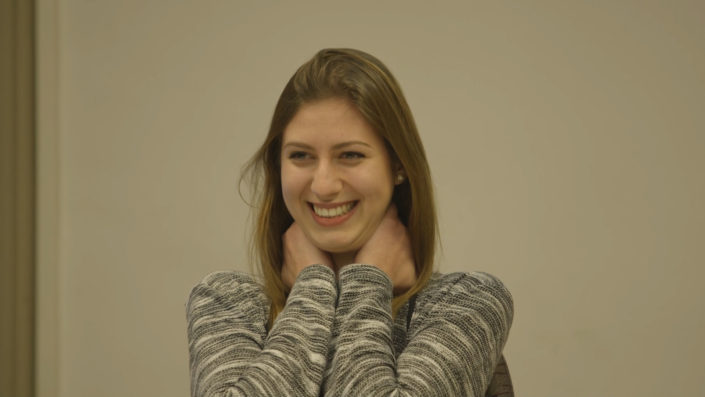LIBELLULA GENTILE
Fabio Pusterla, the poet’s work
2018, Switzerland, 73 minutes
Documentary
DCP
Directed by Francesco Ferri
Cinematography and sound by Francesco Ferri
Editing by Paolo Cottignola
Produced by Ventura Film
in coproduction with RSI
with the support of Trevigliopoesia
Libellula gentile is a documentary film on the swiss-italian poet Fabio Pusterla. It’s a film on his creative process: on the relation between art and life in his personal struggle to find the right words and make them sharable with the other.
Synopsis
Fabio Pusterla is a teacher and poet from the Ticino area. After the publication of his last book, Argéman, is going through a tough period. He is convinced he no longer has anything to say. He needs to face every artists’ demon: losing his own creative power.
Restless, he does not resign himself. He looks for new inspiration from real things around him, from the past, in his own notes, looks for advice reading his friend and master Philippe Jaccottet. To an editor asking him for a publication of a new collection, he confesses he does not have any ready material. We follow him from place to place, from a meeting to another, from conference to conference, between his readers, tracing answers to questions, through the tiredness he hides behind a smile.
We discover a bit more about him and his poetry, we observe him with his pupils during a writing laboratory in college, or we see him surrounded by nature, up in the mountains, where he walks looking for that breath which ties him with the surrounding world. In his house, in his daily routine, in his reserved studio. Finally, a poem arrives, Lettere da Zingonia (Letters from Zingonia) we listen to his reading and are present during his first public presentation, where Fabio tells us about its birth: coming back from a festival in Lombardy, during a car trip, he got lost around Zingonia, a degraded place around the Bergamo province. Suddenly he is overcome by disorientation.After writing this poem Fabio seems uplifted and more relaxed. He reads some passages of his master Jaccottet on the necessity for poetry to live in rightness between the poetic word and daily life. He challenges what he has written: he realizes that the problem is not writing itself, but living in a way whereby poetry is naturally born.
A necessary ethical condition for poetry to make sense, that it be honest and felt. And these are the indispensable unique premises to share it, to build a profound relation with the reader. Thanks to the return of Jaccottet’s word, Fabio becomes aware that, too often, he is involved in dry routines that occupy the majority of his time, despite the fact they are consequences of an authentic project, that of bringing poetry to the people through conferences, reading, through television and radio. But celebrity has put him in a position of power, taking him away from his dear principles. He decides to go and meet Jaccottet in his house in the south of France, in Grignan, where he has been living an isolate and simple life for thirty years. We find Fabio in a classroom, between his students from the writing laboratory. Between tables starts again the research of that rare moment where teaching makes sense; giving a fragile hope, a drop of splendour. Reading a letter received by Jaccottet, Fabio notes few observations on his diary:
his unsure and trembling writing makes him think that his friend and master hasn’t got much time to live. From this suggestion a few verses are born on the notebook, then the editing, the first paper version written on the computer, further editing, the first reading rehearsal of Claudia. Poetry is there, it has arrived, it is titled Stelle di calcite (Calcite stars).
Festival
Visions du Réel, Switzerland, 2018 | National Premier
Pordenone Legge, Italy 2018
Festival Letteratura Mantova 2018
Chiasso Letteraria 2018
Solothurner Filmtage Svizzera 2019
Thessalunik Film Festival 2018
Publication
DVD Booklet by publisher Marcos y Marcos curated by Cristiano Poletti, 2019
